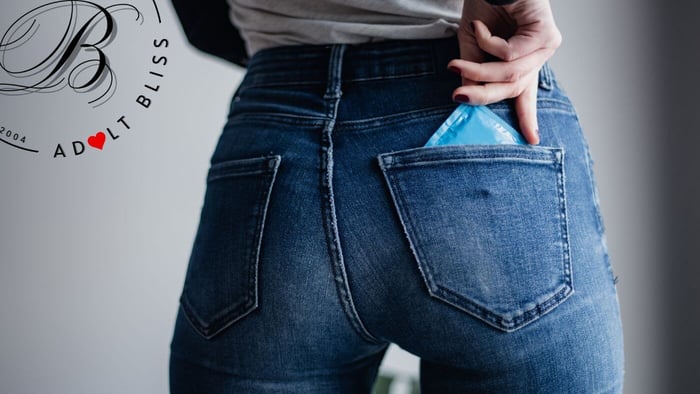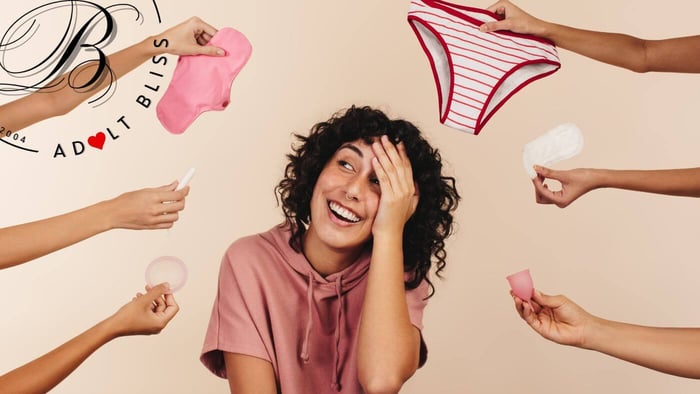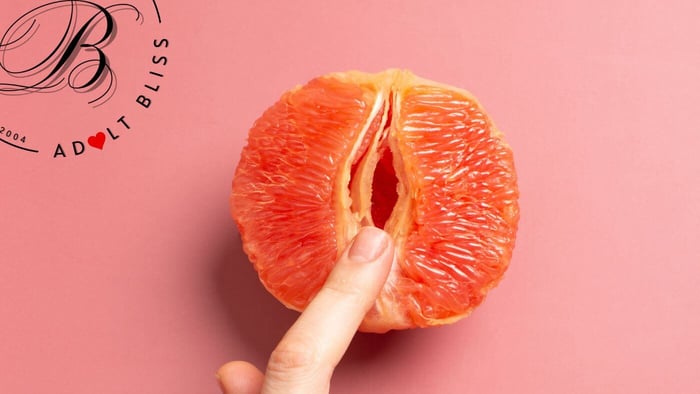
Vagina Health, Should I Clean My Vagina?
Jump To Section
- The Ultimate Guide to Vulva and Vagina Care: What You Need to Know
- Never Douche or Clean Inside Your Vagina!
- Wipe Front to Back
- Wash Daily with Care
- Pubic Hair Has a Purpose
- Feminine Washes or Sprays? Just Say No!
- Undies Matter
- Yeast Infections and Yogurt—What You Need to Know
- Discharge Is Normal
- Closing Thoughts: Embrace Your Body’s Natural Rhythm
- TL;DR
The Ultimate Guide to Vulva and Vagina Care: What You Need to Know
Let’s get one thing straight, vagina health is super important but—your vulva and vagina are amazing just the way they are. But like all things beautiful, they need a little love and care to stay happy and healthy. Whether you’re a hygiene queen or just looking for some tips, here’s everything you need to know about keeping things fresh down there without overdoing it.
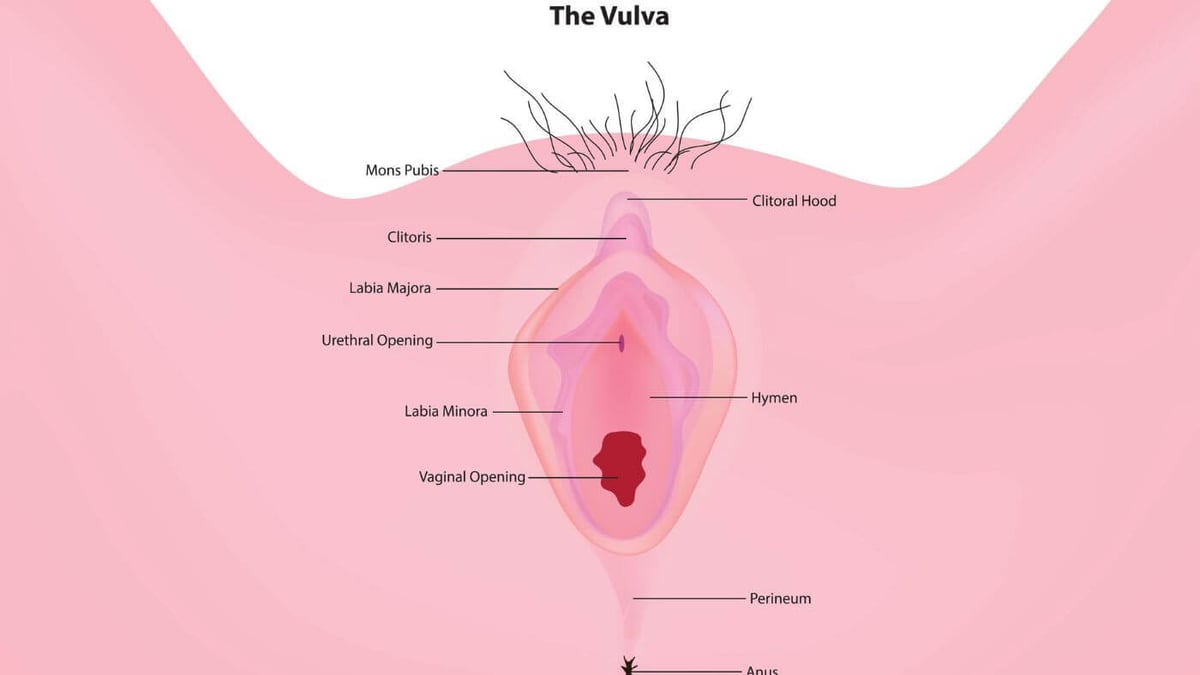
Never Douche or Clean Inside Your Vagina!
Let’s bust this myth once and for all: you do not need to clean inside your vagina. In fact, you shouldn’t! The vagina is a self-cleaning powerhouse that doesn’t need soap, water, or any fancy products inside. Using these can disrupt its natural balance, leading to irritation or infections. Focus your cleaning efforts on the outside—the clitoris, labia, and pubic mound. Your vagina will take care of the rest.
Wipe Front to Back
After peeing, always wipe from front to back. This simple step helps keep bacteria from your anus away from your vulva and vagina, reducing the risk of infections.
Wash Daily with Care
Daily washing is important, but it’s all about being gentle. Use water and a sensitive, soap-free cleanser like The Jo Cleaner if you want to, but remember—you don’t actually need soap to keep your vulva clean. Spread your labia apart and gently cleanse around the folds with a clean washcloth or your hands. Avoid letting water or soap get inside your vagina. According to the Mayo Clinic, simple is best when it comes to vulva care .
Less Is More
Over-cleaning can do more harm than good. Excessive washing can strip your skin of its natural oils, leading to dryness and irritation.
Moisturizing If Needed
If you feel the need to moisturize, opt for a vulva care product like Bald Cat Oil to keep the area soft and hydrated.
Pubic Hair Has a Purpose
Considering going all-natural? Leaving some pubic hair can actually be beneficial. It helps reduce skin-to-skin friction during sex and acts as a barrier against bacteria. Plus, shaving can sometimes irritate the skin, so letting your hair grow a bit might be the way to go.
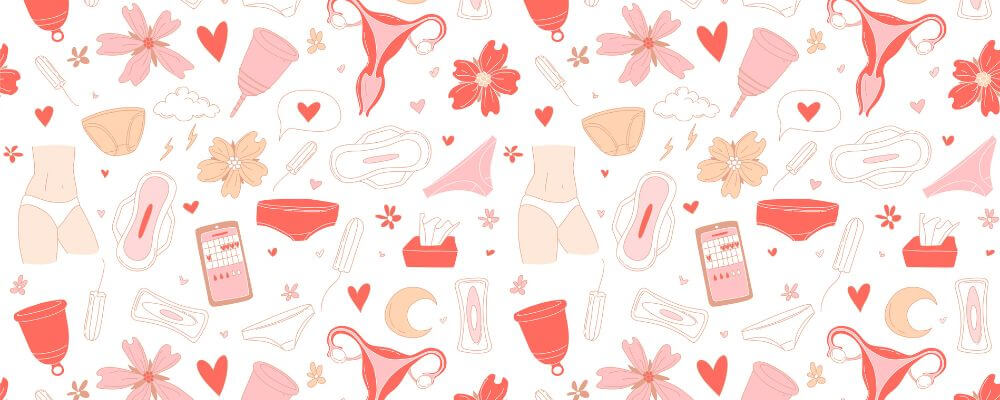
Feminine Washes or Sprays? Just Say No!
Forget anything that promises to make your vagina smell like flowers or a tropical paradise. These products are not your friend. Your vagina has its own unique scent, which is natural and perfectly normal. Embrace it! If you’re worried about your smell, it’s likely no one else can even notice.
When to Seek Help
If there’s a sudden change in odor along with unusual discharge, it’s time to see your GP.
Undies Matter
When it comes to underwear, natural fibers like cotton are the way to go. They let your vagina breathe and help reduce moisture buildup, keeping things fresh and comfy.
Avoid Thongs During Exercise
And a big no-no: never wear a thong during exercise. The constant movement can transfer bacteria from your anus to your vagina, which is bad news.
Yeast Infections and Yogurt—What You Need to Know
Got a yeast infection? Your pharmacist or GP can help with treatment,
Probiotics Through Food, Not Insertion
Did you know that eating yogurt can also support your vagina health? Yogurt contains lactobacillus acidophilus, which helps maintain the acidic environment your vagina health needs. But let’s be clear—do not put yogurt in your vagina. Yes, some people suggest it, but it’s a hard pass from us!
Discharge Is Normal
Discharge is a natural part of having a vagina, so don’t stress about it.
When to See a GP
It’s your body’s way of keeping things clean. However, if you notice a change in color, consistency, or a significant increase, it might be time to talk to your GP or pharmacist.
Intimina Ziggy Cup 2

$84.95
Made to protect, worn to be free. ‚ We‚ve listened to your input about period cups, so we designed Ziggy Cup 2! It's made of...… read more
Get One NowClosing Thoughts: Embrace Your Body’s Natural Rhythm
At the end of the day, caring for your vulva and vagina doesn’t require a long list of products or complicated routines. Keep things simple, be gentle, and trust that your body knows what it’s doing. Embrace your natural scent, skip the floral sprays, and let your amazing, self-cleaning system do its thing.
Your Body Knows What It Needs
Staying in tune with your body’s needs—whether it’s choosing breathable fabrics, avoiding over-washing, or letting your pubic hair grow—can help keep you comfortable, healthy, and confident.
Remember, your body is uniquely yours, and understanding its natural patterns and needs is the key to better health. So relax, keep it simple, and give yourself the love and care you deserve!
FAQs
Should I clean inside my vagina?
Nope! The vagina is self-cleaning and doesn’t need any help. In fact, cleaning inside can disrupt its natural pH and lead to irritation or infections. Just gently clean the external parts—the vulva, including the clitoris, labia, and pubic mound.
How often should I wash my vulva?
Daily washing with water (and optionally, a gentle, fragrance-free cleanser) is enough. Be gentle, avoid scrubbing, and make sure to rinse well and pat dry.
Is vaginal discharge normal?
Yes! Discharge is your body’s way of keeping things clean. It's normal for it to change slightly during your cycle. But if it smells different, changes colour, or becomes unusually thick or itchy, check in with your GP or pharmacist.
Do feminine sprays and scented washes work?
Not really—and they can actually do more harm than good. These products can irritate sensitive skin and throw off your vagina’s natural balance. Embrace your natural scent—it’s totally normal.
What kind of underwear is best for vaginal health?
Natural fibers like cotton are best because they’re breathable and help reduce moisture. Avoid synthetic fabrics and skip the thong during workouts—it can spread bacteria.
Can I use moisturiser on my vulva?
Yes, if it’s fragrance-free and made for sensitive skin. Vulva-specific moisturisers like Bald Cat Oil can soothe dryness or irritation. Just make sure the area is clean and dry before applying.
Is pubic hair good or bad for hygiene?
It’s actually helpful! Pubic hair acts as a barrier to friction and bacteria. You don’t have to go full bush, but leaving some hair can help protect the skin and reduce irritation.
Can yogurt help with vaginal health?
Eating probiotic-rich foods like yogurt can help support vaginal health from the inside by promoting good bacteria. But no—do not put yogurt in your vagina. Seriously. Just… don’t.
Why is wiping front to back so important?
Wiping from front to back prevents bacteria (like E. coli) from the anus being transferred to the vagina or urethra, which can lead to infections. It’s a small habit with big benefits.







